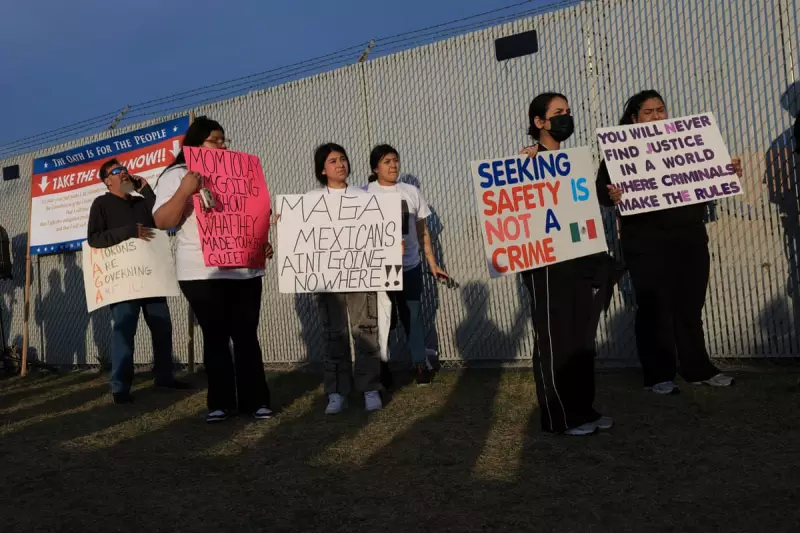
A landmark class-action lawsuit has been filed against one of America's most controversial immigration detention facilities, alleging systematic human rights violations that have endangered countless lives.
The Broadview Facility Under Fire
The Broadview Processing Center in Chicago, operated by US Immigration and Customs Enforcement (ICE), stands accused of operating a regime of medical neglect and unconstitutional detention practices. The legal action, brought on behalf of all detainees held at the facility since 2021, paints a disturbing picture of the treatment within its walls.
Allegations of Systematic Failures
According to court documents, the facility has repeatedly ignored serious medical conditions, denied essential medications, and failed to provide adequate care for chronic illnesses. The lawsuit details multiple instances where detainees' health deteriorated dramatically due to deliberate indifference from staff.
One particularly troubling aspect involves the alleged practice of extending detentions beyond legal limits, with some individuals being held for months after judges had ordered their release. This systematic disregard for court orders forms a central pillar of the legal challenge.
A Pattern of Dangerous Conditions
- Chronic understaffing leading to inadequate medical supervision
- Failure to provide prescribed medications for serious conditions
- Extended detention beyond court-ordered release dates
- Lack of proper sanitation and hygiene facilities
- Insufficient nutrition and poor living conditions
Broader Implications for Immigration Detention
This case represents more than just another lawsuit against an ICE facility. It challenges the very foundation of how immigration detention operates in the United States. The plaintiffs argue that the problems at Broadview are not isolated incidents but part of a systemic failure within the immigration detention system.
The outcome of this legal battle could set important precedents for how detention facilities are operated and monitored nationwide, potentially forcing significant reforms in how vulnerable individuals are treated while in government custody.
As the case moves forward, it shines an uncomfortable spotlight on the human cost of America's immigration enforcement policies and raises fundamental questions about accountability and basic human rights protections.





